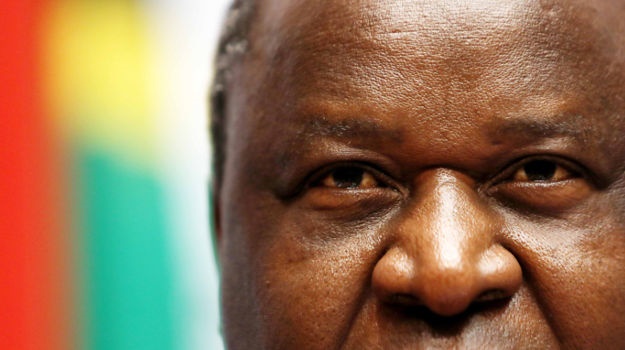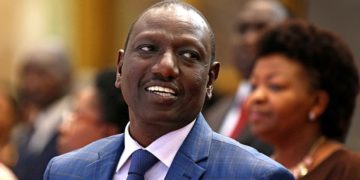[ad_1]
Jan Cronje
2020-04-24 13:53
Finance Minister Tito Mboweni is set to provide an update on the R500 billion social relief and economic support package announced by the president earlier in the week.

Last Updated at
Ramaphsoa gave few details about how the R500 billion would be made up on Tuesday.
He did say that the R500 billion would include the reprioritisation of around R130 billion within the current budget, and R200 billion in a loan guarantee scheme in partnership with the major banks.
In addition to some tax relief, the president said the remainder of the funds will be raised “from both local sources, such as the Unemployment Insurance Fund, and from global partners and international finance institutions”.
On Thursday, in his second major address to the nation within a week, Ramaphsoa gave a broad outline of how SA would work to again open up the economy, saying the country would be instituting a five-level coronavirus response system that would govern social interaction and the economy.
SA is currently and level 5, and would be moving to level 4 on May 1.
As has become the norm, ministers will provide the details of how Ramaphosa’s announcements will be implemented.
An inter-ministerial briefing was scheduled for Friday morning to flesh out Ramaphosa’s announcement but was postponed. It now looks like ministers will speak about their areas at a series of separate media engagements in coming days.
Finance Minister Tito Mboweni, and officials from National Treasury, will be first up, speaking at 2pm on Friday.
On Tuesday evening President Cyril Ramaphosa announced a R500 billion social relief and economic support package in a bid to stabilise the economy, address the extreme decline in supply and demand and protect jobs.
The announcement was by far the biggest intervention the government had taken to buoy the economy since the imposition of a nationwide lockdown at the end of March to suppress the spread of the coronavirus.
Under a raft of strict regulations enforced by the police, only businesses seemed essential – such as pharmacies and food retailers – were allowed to continue operating. The lockdown caused much of SA’s economic activity to be frozen almost overnight, with restaurants, cinemas, gyms, fast food outlets, pubs, shebeens and malls all forced to shut. Travel restrictions mean that SA’s important tourism industry has been ravaged, while much of the country’s mining industry was placed under care and maintenance, although regulations have since been relaxed.
Business bodies have forecast that SA may lose around million permanent jobs due to the abrupt shock, while the IMF expects that what it is calling the “Great Lockdown” will cause the worst global recession since the Great Depression.


















